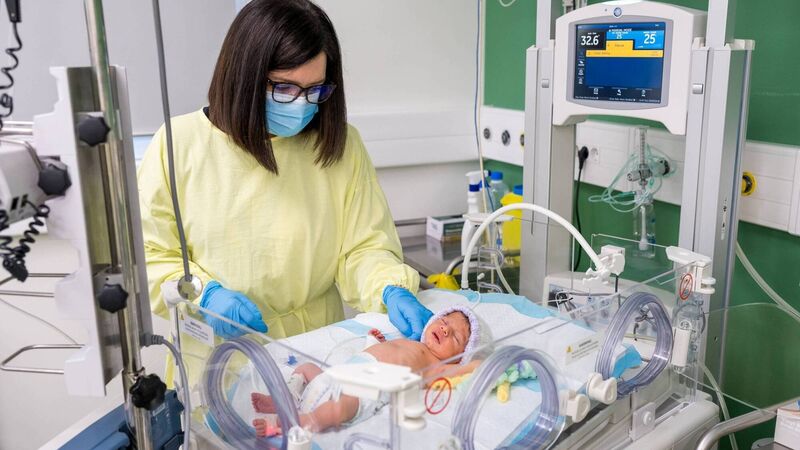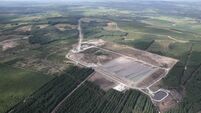Lebanese 'children are asking for name tags — in case they die, so their families can find them'

Ettie Higgins: 'This is a humanitarian catastrophe, especially for children, and they have suffered the most.' Photo: UNICEFLebanon/X
Anybody with a young child will be well used to writing their name onto things like their pencil case, lunch boxes, school jumpers and copies. It’s for the usual reasons — easier to find them after they go missing.
In Lebanon today, they also write down children’s names but for a different reason. If they get killed, someone knows who to give their body to. This is according to Ettie Higgins, one of the people helping lead the massive humanitarian relief efforts underway to help children in war-torn Lebanon.













